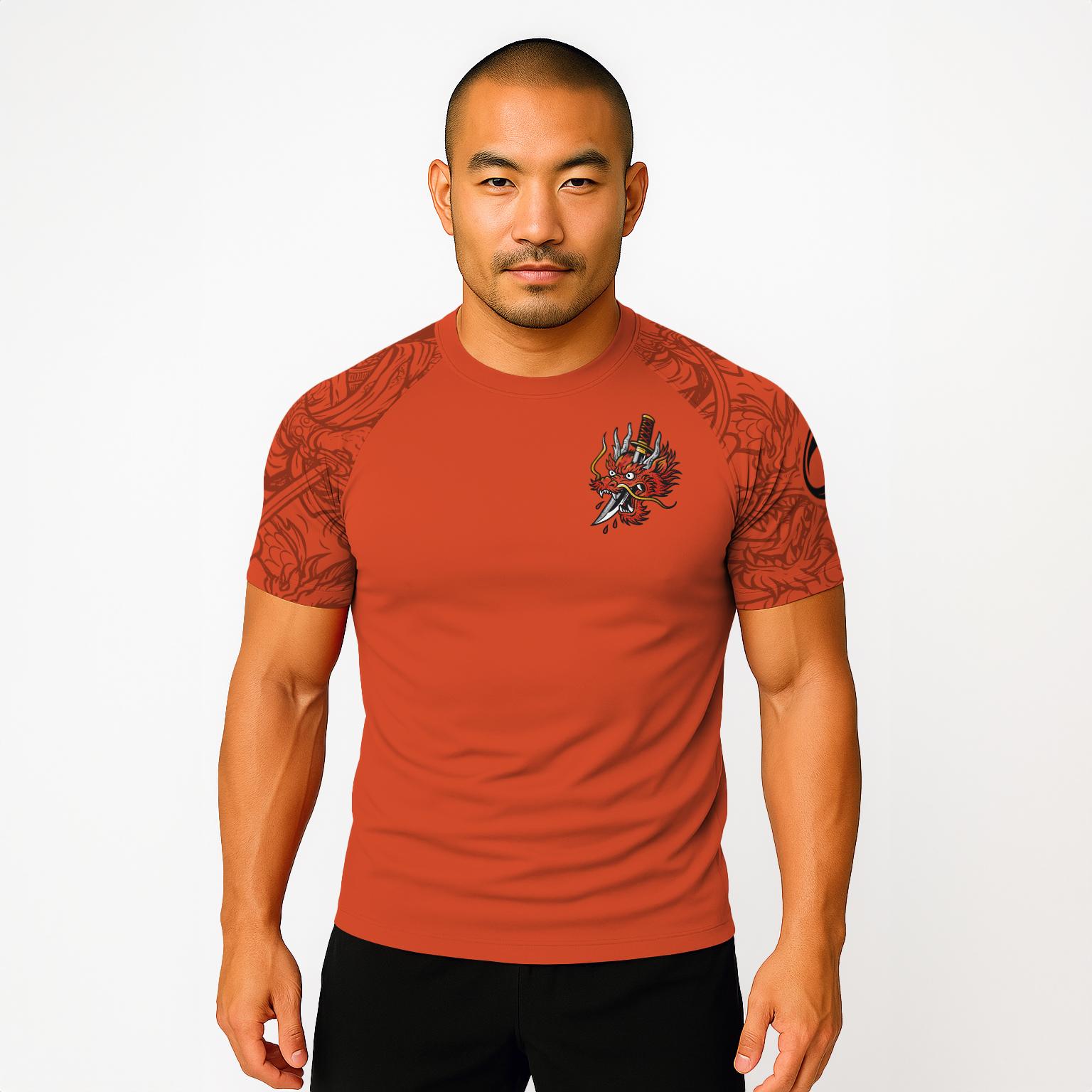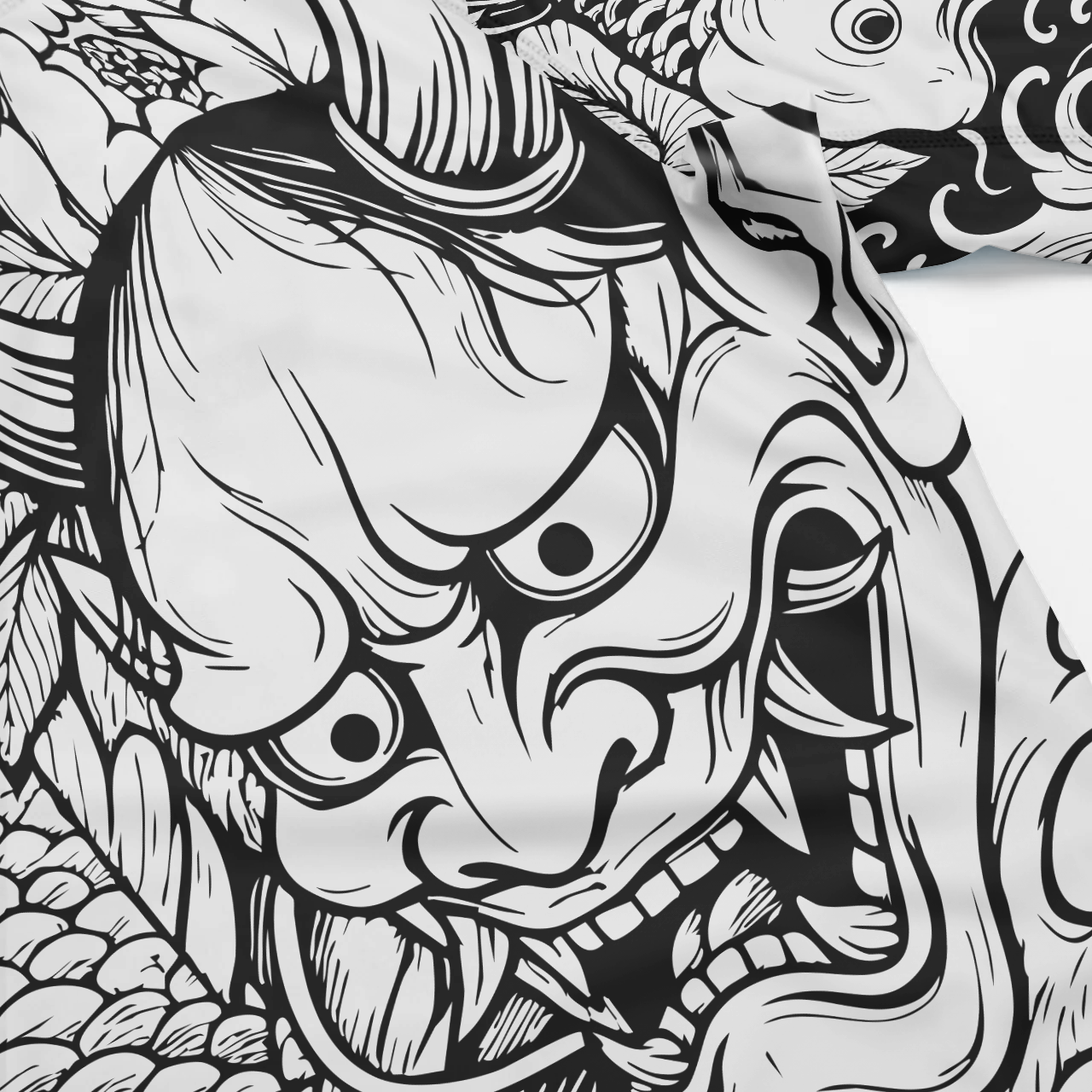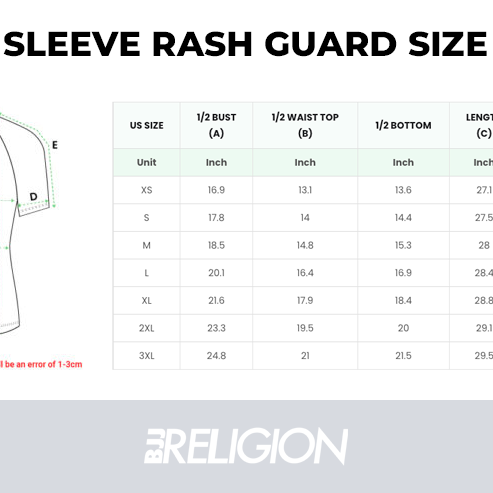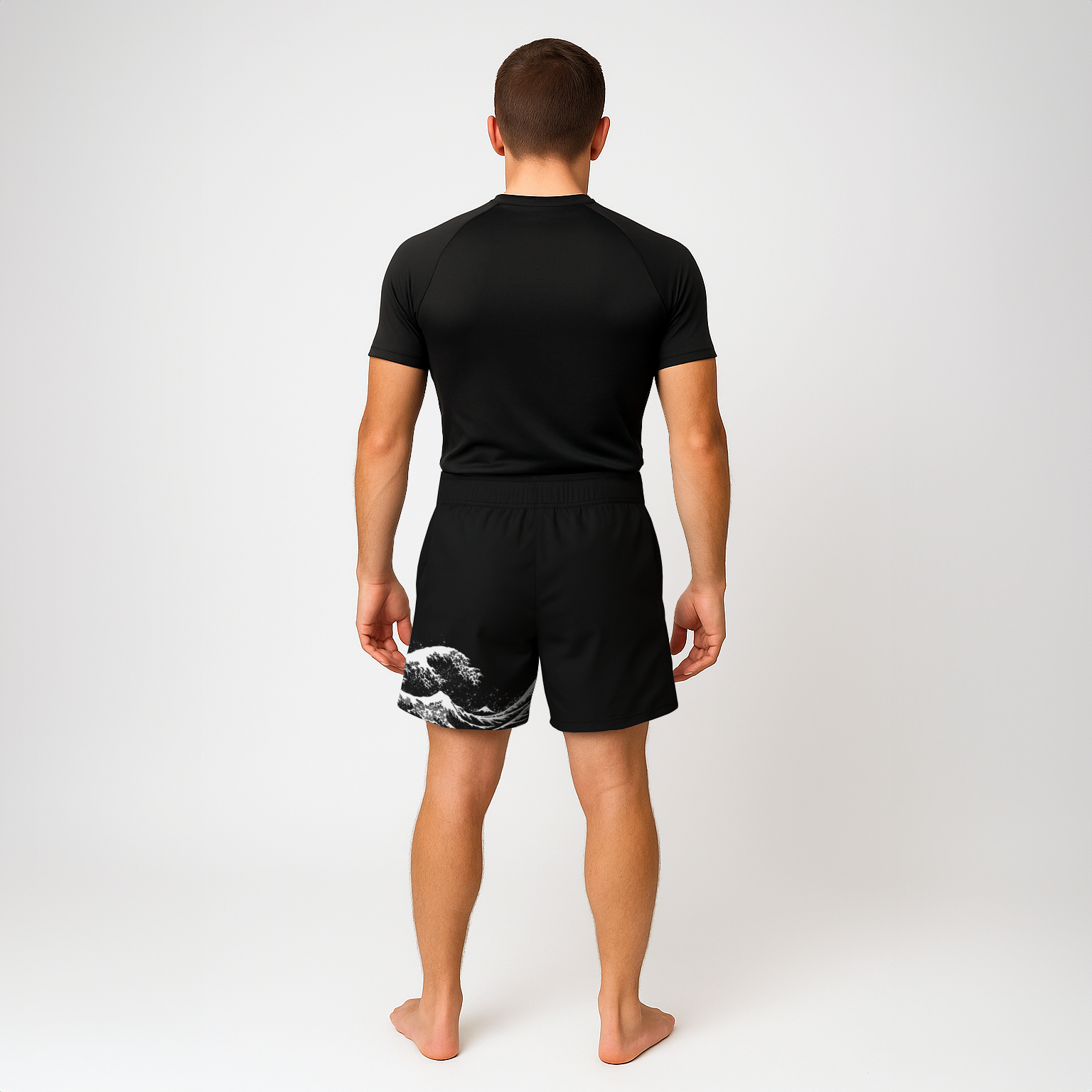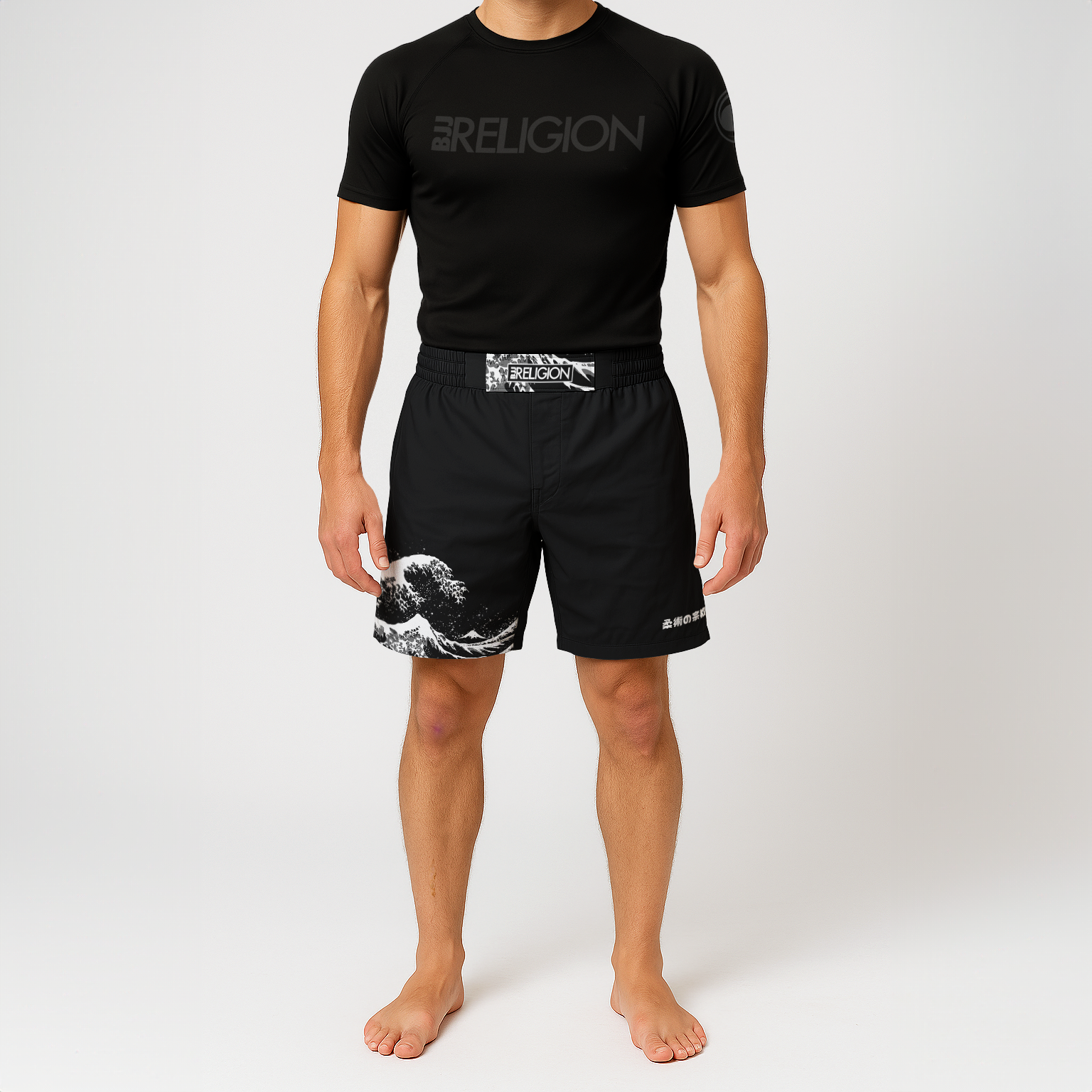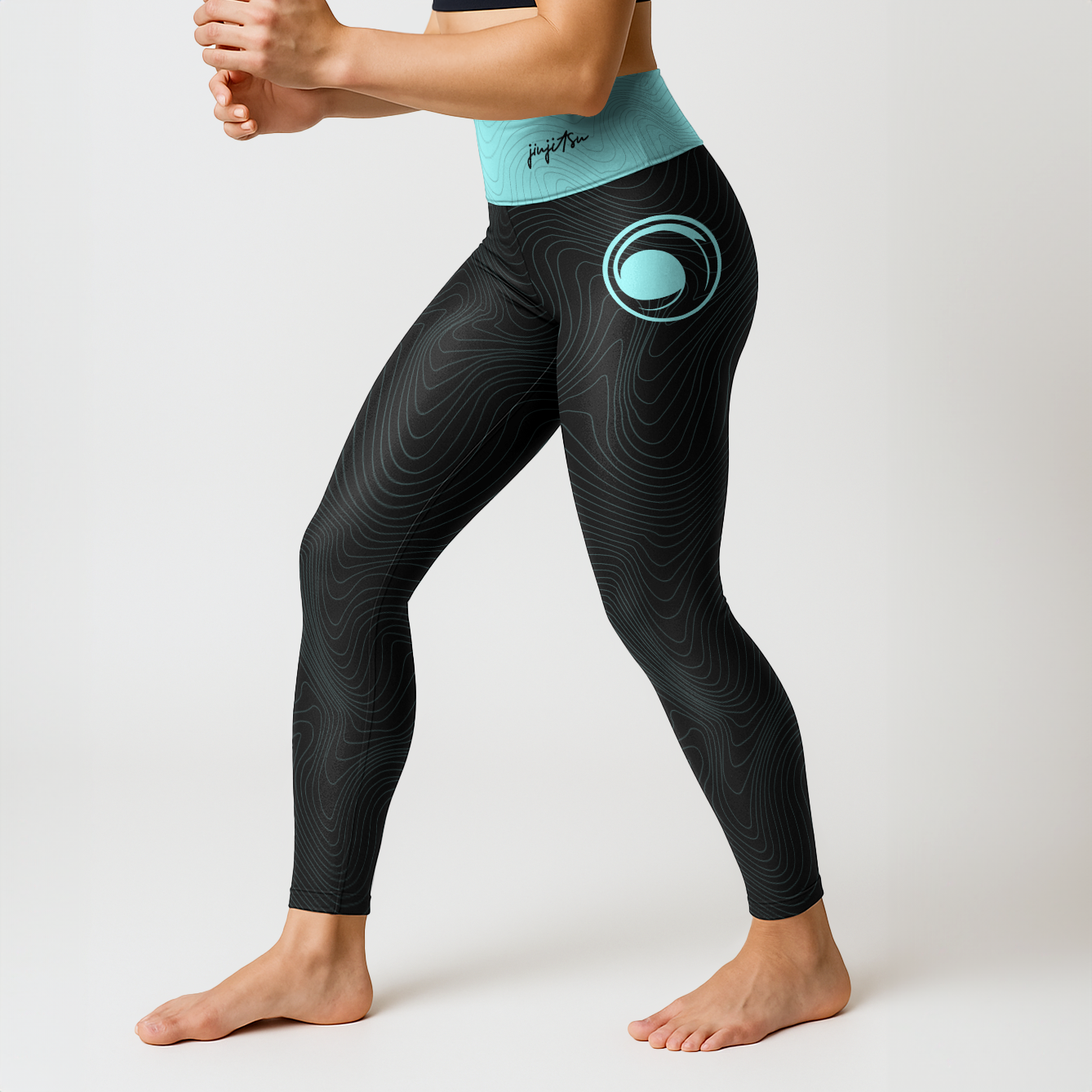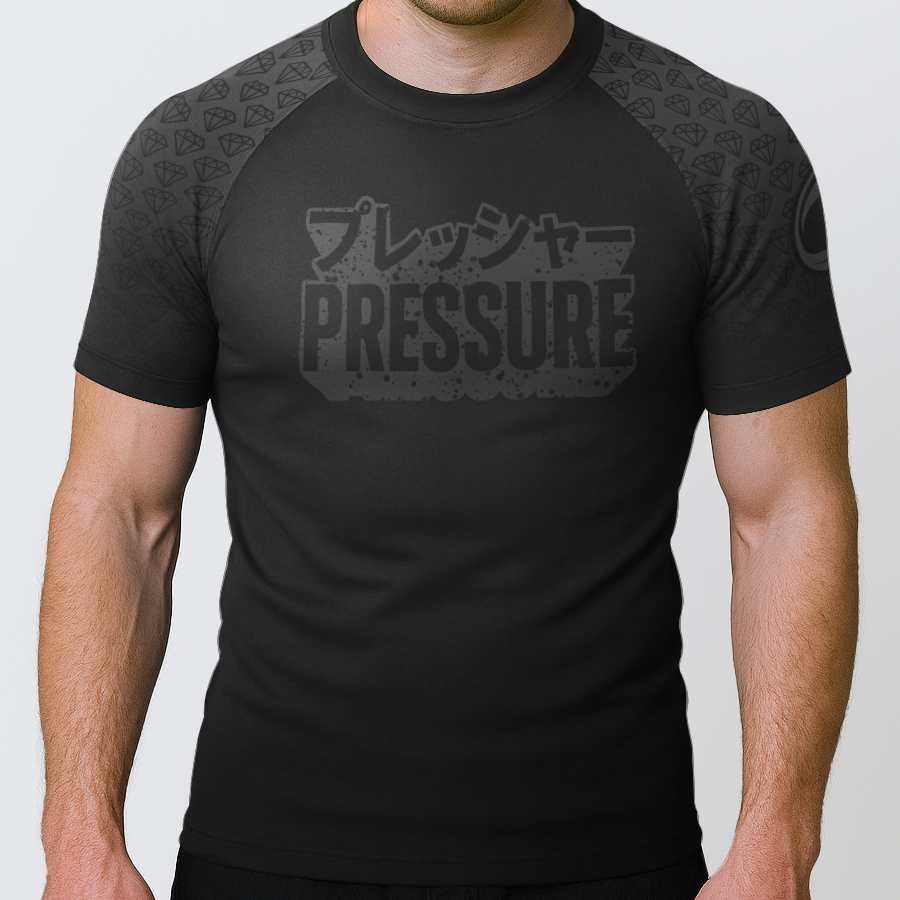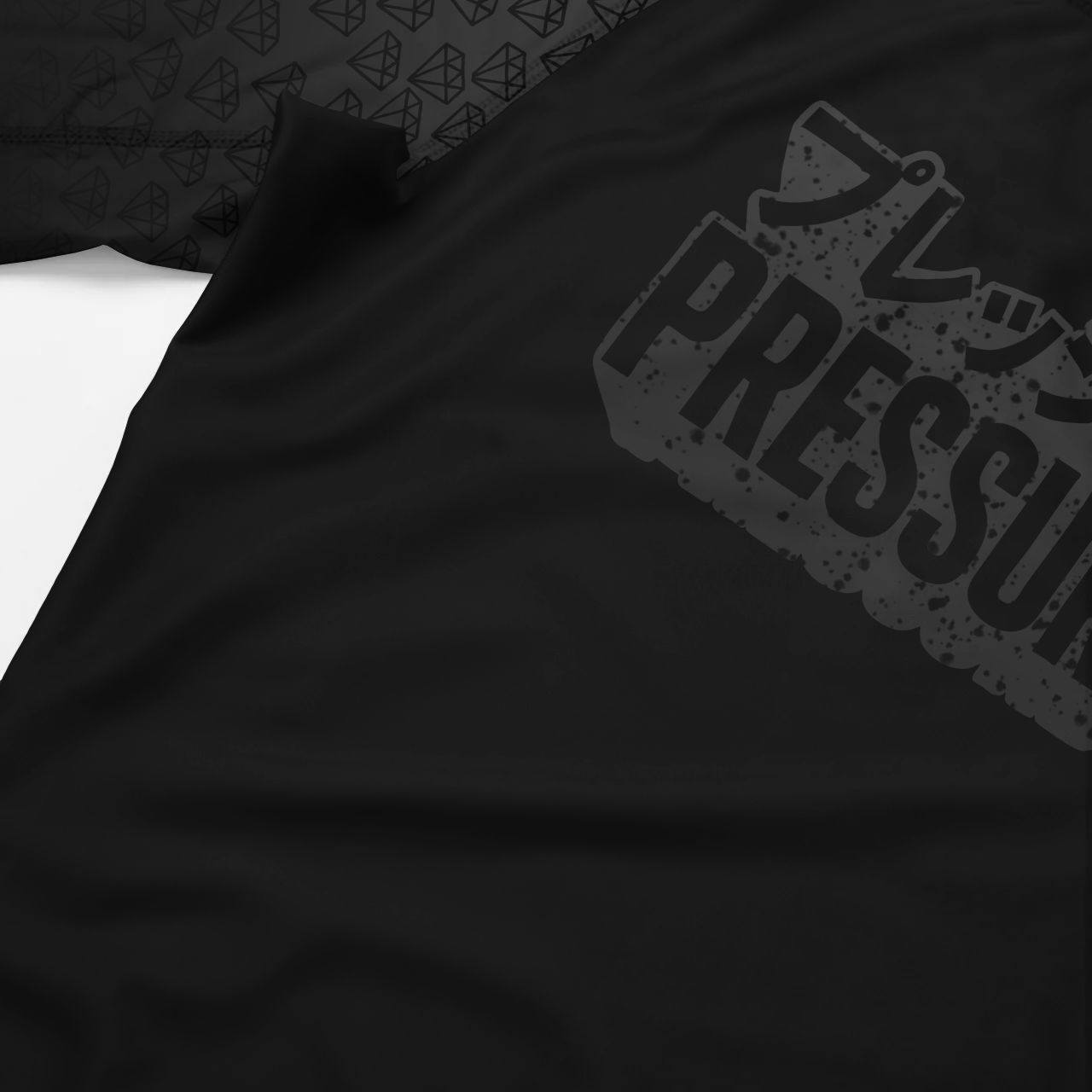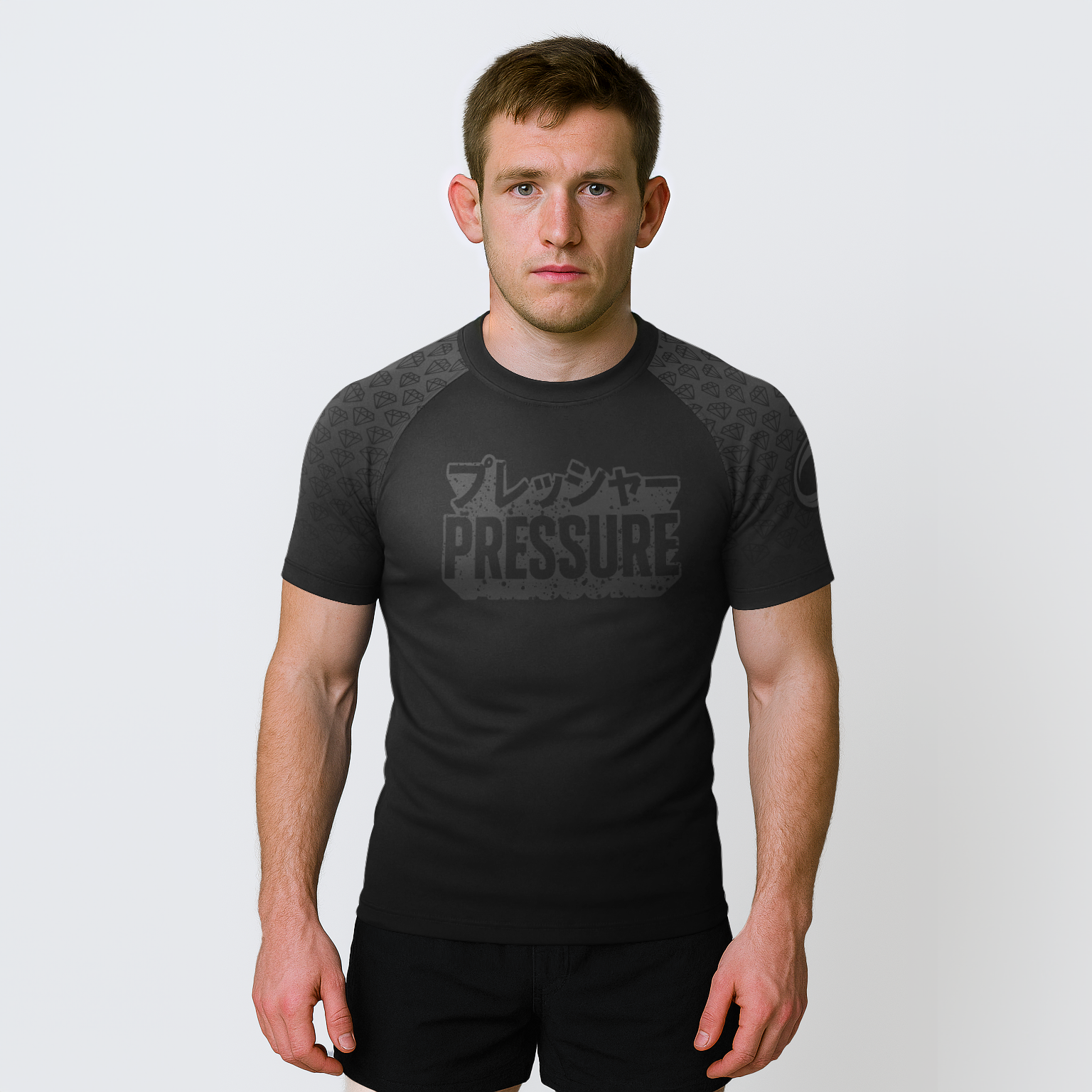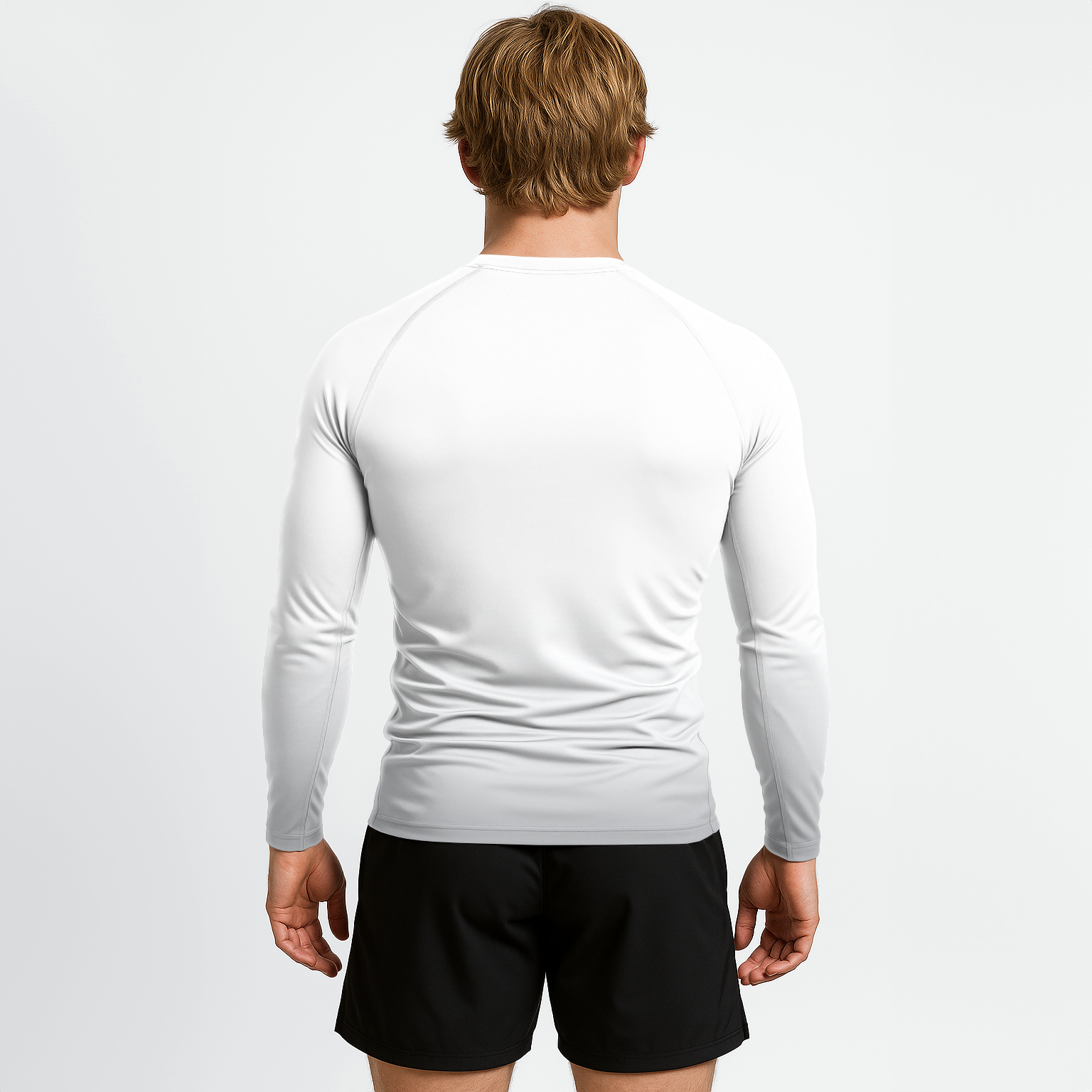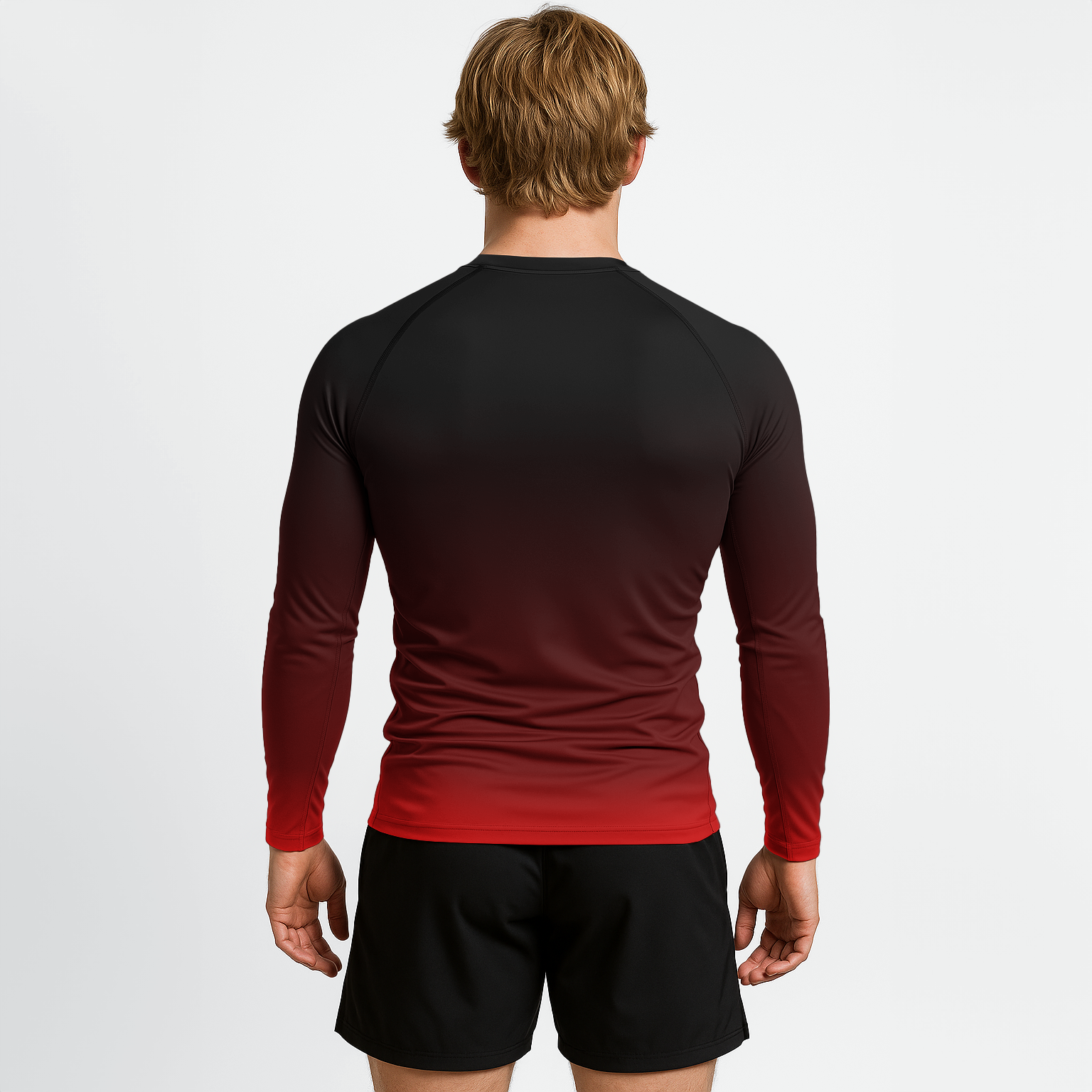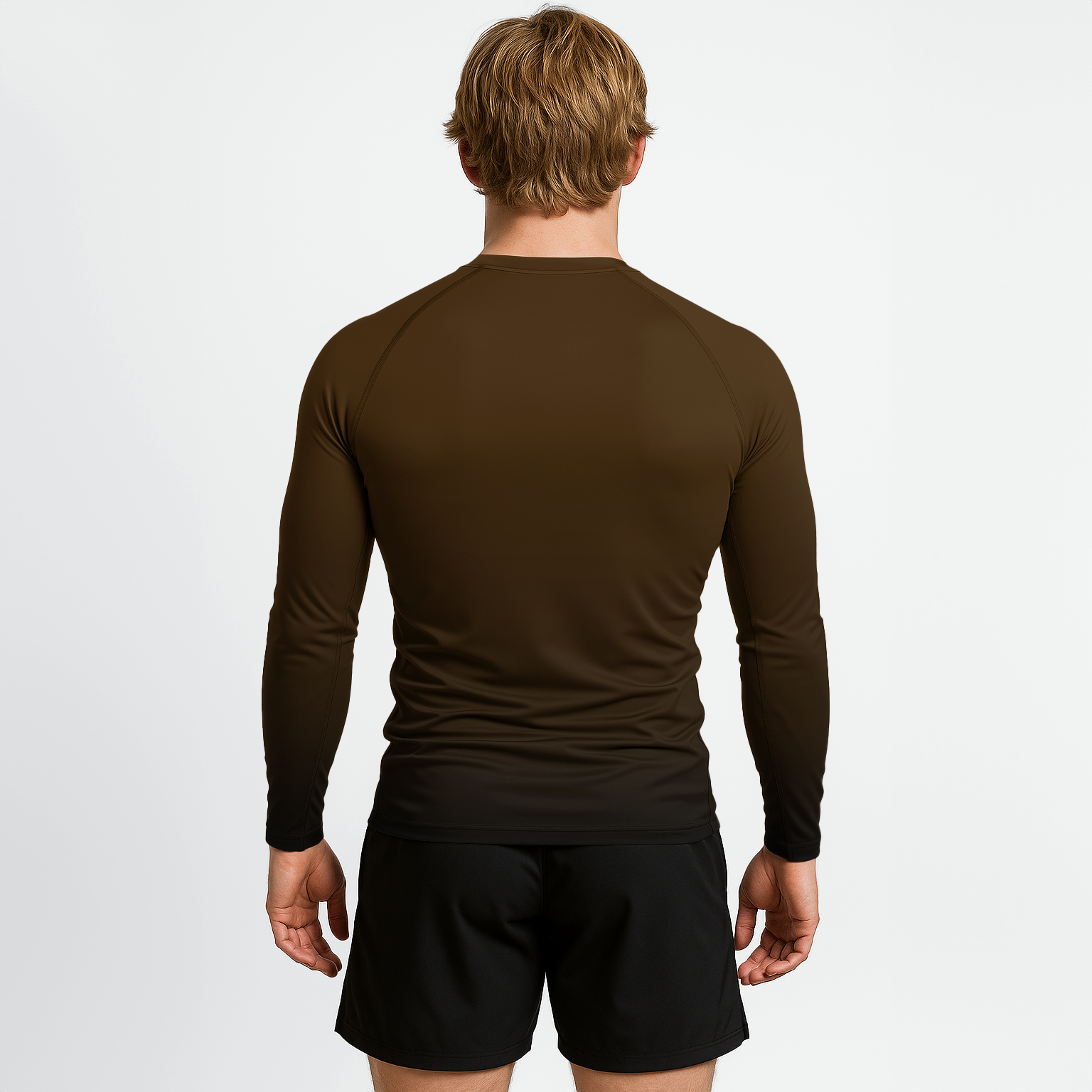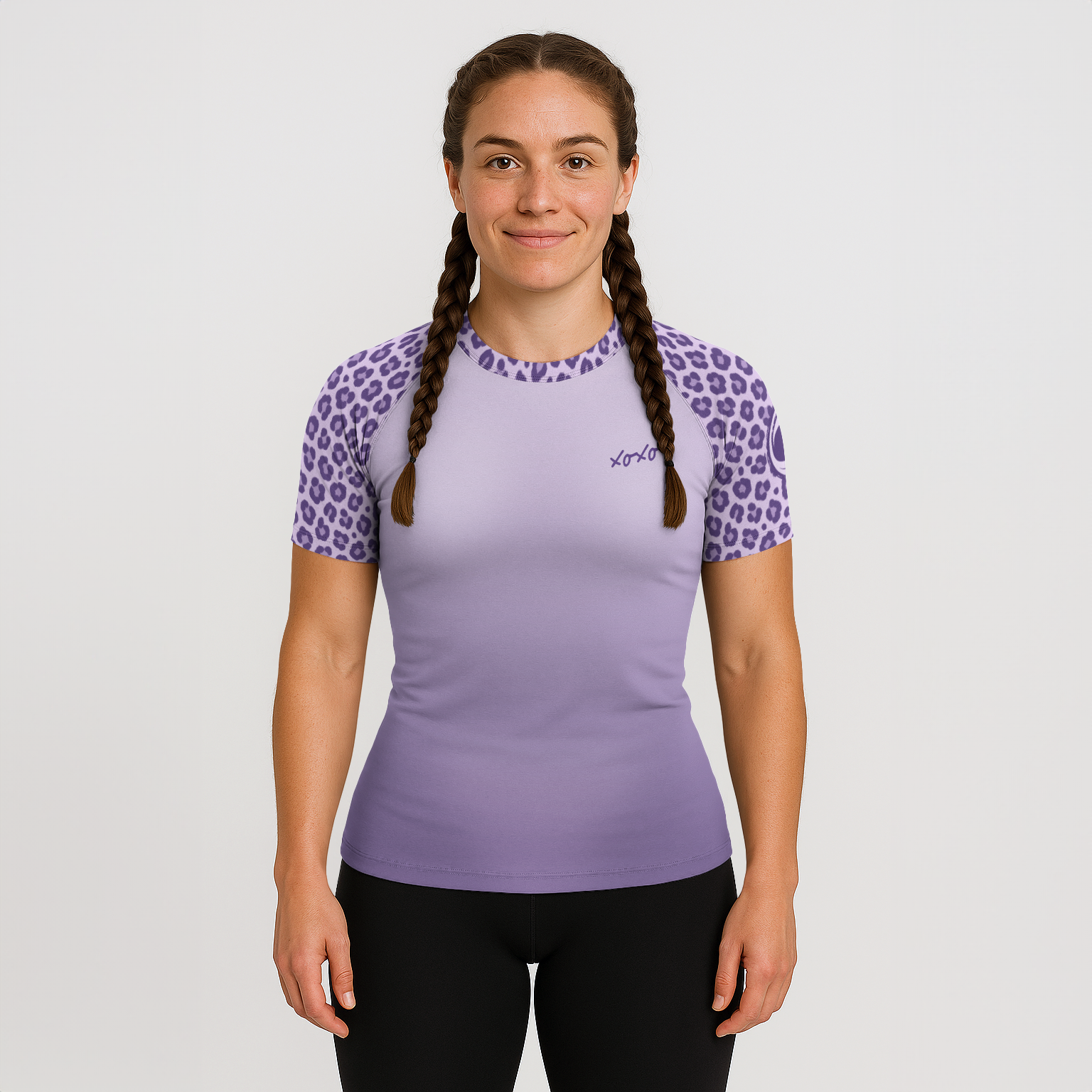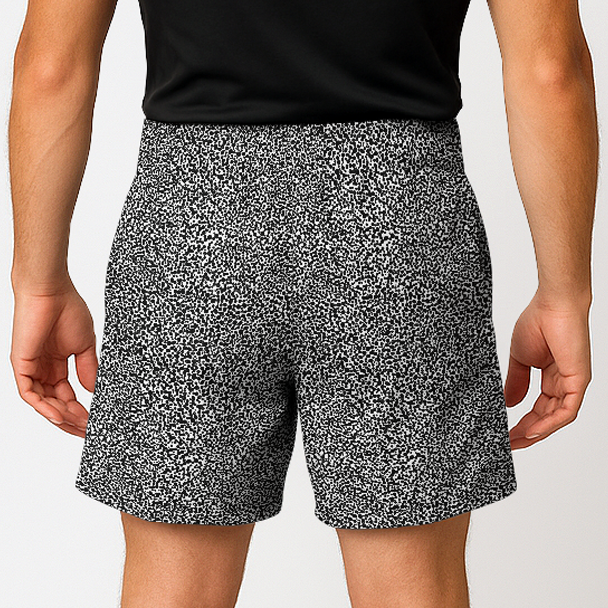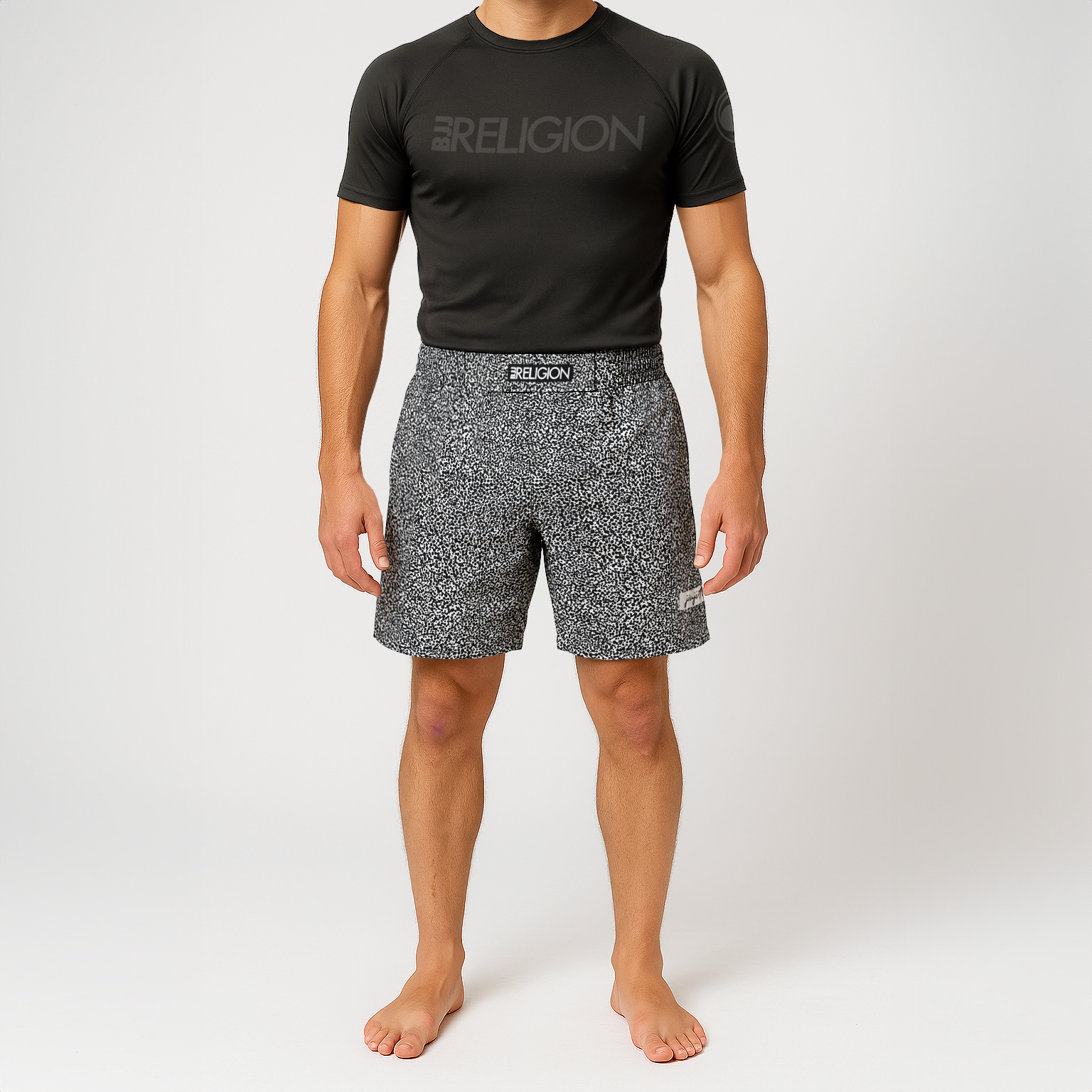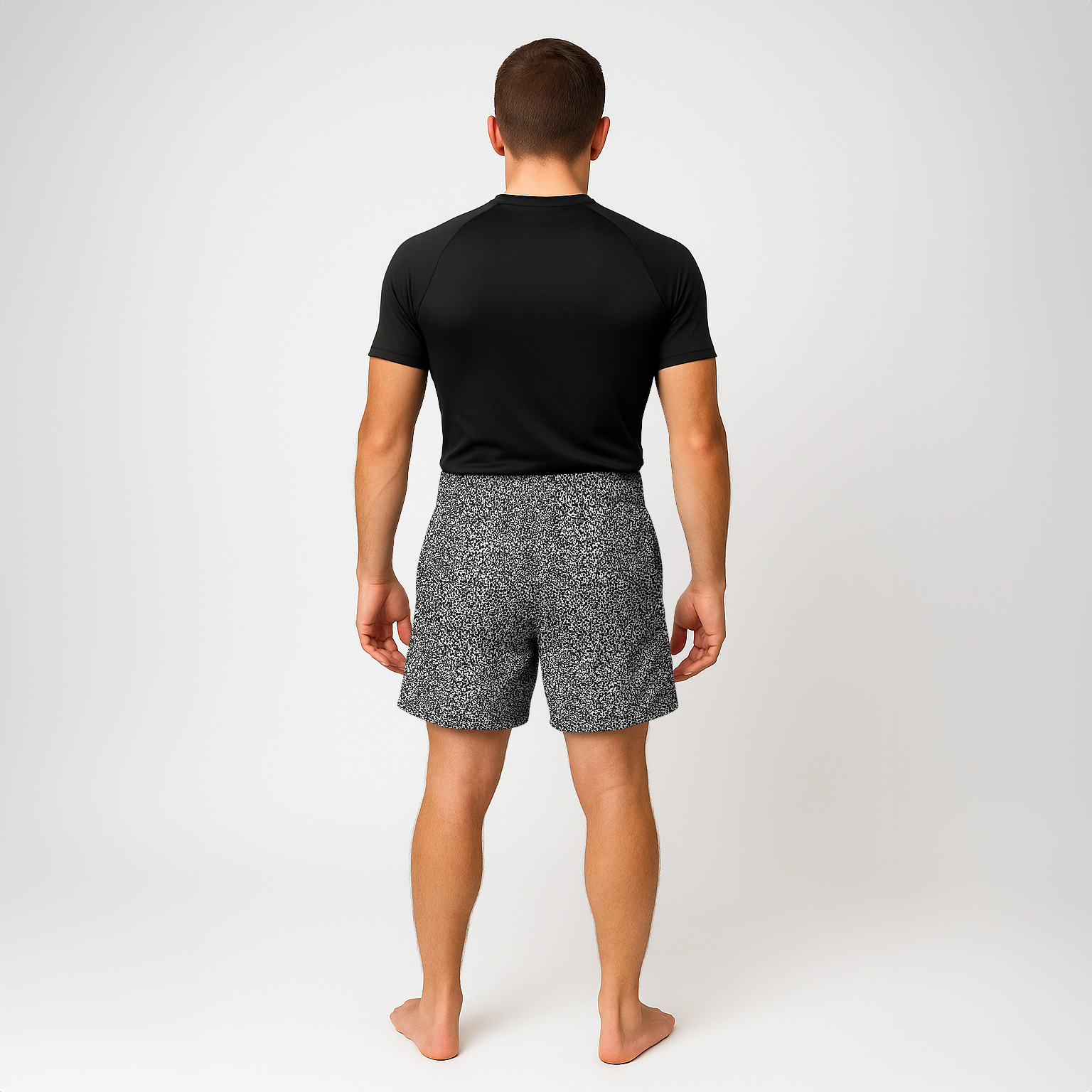How To Get Better At Jiu Jitsu Faster
Are you trying to figure out how to get better at jiu jitsu faster? As someone who has trained BJJ for over 14 years, I have acquired plenty of knowledge on how to expedite progress in this complex martial art.
Below we will talk about a few key methods that can help improve your jiu jitsu skills and ultimately reach your goals faster. We'll cover the importance of committing to a consistent training schedule, understanding the value of recovery, and incorporating drills both during class and alone at home.
Furthermore, we will delve into watching instructional videos for additional learning opportunities, putting yourself in challenging positions during rolls for enhanced growth, and considering private lessons as a means to accelerate your BJJ journey.
Commit to a Consistent Training Schedule

Here's the deal, the number one way to get better at jiu jitsu is mat time. If you're not physically on the mats consistently you will not get better.
So if you want to get better at jiu jitsu faster, committing to a consistent training schedule is key. Whether you can train twice a day or only three times per week, consistency is key in seeing progress on the mats.
Finding the Right Balance
The ideal training schedule should strike a balance between intensity and sustainability. Overtraining can lead to burnout or injury, while undertraining may result in slower progress. To find this sweet spot, consider factors such as work commitments, family life, and personal goals when planning your sessions.
Making the Most of Your Time on the Mats
To maximize your improvement during each session:
- Set specific goals: Focus on particular techniques or positions you want to improve upon during each class.
- Prioritize drilling: While rolling is undoubtedly fun and beneficial for learning BJJ, drilling is often more effective in helping practitioners internalize new techniques quickly.
- Vary partners: Rolling with different people exposes you to various styles and challenges which will ultimately help sharpen your skills.
- Avoid distractions: Stay focused during class by minimizing idle chatter with teammates; instead, use breaks between rounds for recovery or technique discussion if needed.
Create Accountability Systems
To ensure long-term commitment towards your training plan:
- Make sure training partners know your goals so they can provide motivation and support.
- Track your progress using a training journal or an app.
- Find a training partner who shares similar goals and can help keep you accountable during sessions.
It may sound like we are beating on an old drum, but remember that consistency is key to enjoying success in any discipline, especially Brazilian Jiu Jitsu.
Consistently training will expedite your jiu jitsu progression, yet recovery is also essential to maximize gains.
Don't Undervalue Recovery
It's simple to ignore the significance of recuperation when striving for faster BJJ improvement. To achieve your best performance on the mats, it's crucial to prioritize proper nutrition, adequate rest, and self-care for optimal performance on the mats. By actively working on your recovery, you'll be able to focus better, retain more information, and push yourself physically day in day out - all of which will contribute to you getting better at BJJ.
Consider adding a recovery supplement to your routine. Our Post-Roll Recovery Powder is specifically formulated to help BJJ athletes recover after training.
Nutrition for Jiu Jitsu Practitioners
A well balanced diet is crucial for fueling your body during intense training sessions and promoting muscle repair afterward. If your diet consists of a mix of lean proteins, healthy fats, complex carbohydrates, fruits, and vegetables there is no reason why you cannot roll all day!
Hydration is also vital; drink plenty of water throughout the day to stay energized and focused during practice.
Rest Days Are Important Too
While it may seem counterintuitive when trying to learn faster, rest days are actually crucial for improvement. Giving your muscles time off from strenuous activity allows them to rebuild stronger than before. Aim for one or two rest days per week depending on how often you train.
Sleep: The Ultimate Recovery Tool
- Aim for 7-9 hours: Most adults need between seven and nine hours of sleep each night to function optimally.
- Create a bedtime routine: Establishing a consistent pre-sleep ritual can help signal your brain that it's time to wind down.
- Limit screen time before bed: The blue light emitted by screens can interfere with your body's production of melatonin, making it harder to fall asleep.
Maintain Your Body With Mobility and Stretching Exercises
Incorporating regular mobility work and stretching into your routine is essential for preventing injuries and improving overall performance in Jiu Jitsu. Focus on areas that are high impact and more injury prone - such as the hips, shoulders, neck, and lower back, which are commonly affected during training. Yoga is an excellent option for both flexibility training and active recovery; many BJJ athletes have found success incorporating yoga into their routines.
Recovery is a vital part of any jiu jitsu competitor's training, and should not be disregarded or minimized. To maximize your progress, you must drill as much as possible to further develop your skillset and become a better grappler.
Drill As Much As Possible
Everyone wants to roll as much as possible, but the truth is that drilling the techniques over and over is the single best way to get better at jiu jitsu. Discover the benefits of drilling with partners and how it can help you become a better jiu jitsu practitioner faster.
The Importance of Drilling in Jiu Jitsu
Drill until it because automatic. These are words to live by if you're trying to get better at jiu jitsu faster.
The top BJJ athletes in the world drill techniques over and over because it helps build muscle memory, improves technique, increases speed, and develops a strong foundation for your game. By focusing on repetition during drills, you'll be able to execute moves more efficiently when rolling or competing.
Tips for Effective Drilling
- Pick one or two techniques per session: Focus on mastering specific moves rather than trying to learn everything at once. This will allow you to develop proficiency in those techniques before moving onto others.
- Maintain proper form: Always ensure that your body mechanics are correct while practicing each move. Incorrect form may lead to bad habits which could hinder progress later on.
- Incorporate resistance: Ask your partner to provide some resistance during drills so that you can practice executing moves under pressure. This will also help simulate real-life situations encountered during rolls or competitions. (source)
Finding Good Training Partners for Drills
A crucial aspect of effective drilling lies in finding suitable training partners who share similar goals and commitment levels towards improvement in BJJ skills. Seek out those who are willing to invest the energy and work needed for drilling, as well as people that can offer helpful critique.
Drilling at Different Intensities
While it's essential to practice techniques slowly and methodically at first, gradually increasing the intensity of your drills will help build speed, power, and fluidity in your movements. Start by performing each technique at a slow pace until you're confident that your form is correct. Then, increase the speed while maintaining proper technique.
Incorporating drilling into your regular jiu jitsu routine is key to becoming a better practitioner faster. By focusing on repetition with partners during training sessions, you'll develop muscle memory and improve overall performance on the mats.
Drilling is the foundation of honing any technique, and jiu jitsu is no exception. In order to further hone your jiu jitsu technique, consider exploring ways of drilling on your own in the comfort of home.
Drill Even More Alone at Home
While drilling with partners at the academy is essential, you can also make significant progress by practicing Brazilian Jiu Jitsu alone at home. By investing in some home BJJ mats and a grappling dummy, you can continue to develop your skills without needing a training partner.
Create a Dedicated Training Space
To get started with solo drills, set up a dedicated space for training in your home. This area should be large enough for you to move around comfortably and have proper matting or padding to protect yourself from injury. A grappling dummy will also come in handy as it allows you to simulate real-life scenarios more accurately.
Focus on Fundamental Movements
- Hip escapes: Also known as shrimping, hip escapes are crucial for creating space between you and your opponent during rolls. Practice both forward and backward variations of this movement.
- Bridges: Bridging helps generate power when trying to escape from bottom positions like side control or mount. Work on bridging high off the ground while maintaining good form.
- Sprawls: Sprawling is an essential skill for defending against takedowns. Focus on getting your hips low quickly while keeping your chest up and head looking forward.
- Takedowns: Although not all takedown techniques can be practiced alone, you can still work on your footwork, balance, and entry steps for various takedowns like single-leg or double-leg shots.
Utilize Instructional Videos
In addition to drilling fundamental movements, you can also use instructional videos to learn new techniques and refine existing ones. We have the worlds largest FREE BJJ instructional library that includes over 1,400 techniques. By studying these videos and practicing the demonstrated techniques with your grappling dummy, you'll be able to make significant progress in your BJJ skills even when training alone.
Track Your Progress
To ensure that you're learning faster while training solo, it's essential to track your progress over time. Keep a journal detailing which drills and techniques you've practiced during each session along with any observations or insights gained from those sessions. This will help identify areas where more focus is needed and serve as motivation for continued growth.
By incorporating solo drills into your overall Jiu Jitsu routine, you'll not only improve your BJJ skills faster but also develop greater self-discipline and commitment towards achieving a black belt in this mixed martial art.
Solo drilling can be a beneficial practice for honing your jiu jitsu abilities, but it's essential to supplement this with instructional videos in order to guarantee you're executing the moves accurately. Watching instructional videos is a great way for practitioners of all levels to refine their technique and become better BJJ players faster.
Study BJJ Instructionals
One of the most effective ways to accelerate your progress in jiu jitsu is by studying instructional videos. Instructionals can provide invaluable techniques from world-class instructors that you normally don't have access to on a daily basis, helping you get better at jiu jitsu faster.
Selecting the Right Instructional for You
To make the most out of instructional videos, it's essential to choose ones that align with your current skill level and goals. Here are some tips on selecting suitable instructionals:
- Evaluate Your Skill Level: Choose instructionals that match your belt rank or experience so you can easily understand and apply the concepts being taught.
- Focus on Specific Techniques: Look for videos that cover specific positions or moves you want to improve upon, such as guard passing, submissions, or escapes.
- Instructor Credibility: Opt for instructionals led by reputable coaches or competitors who have proven success in their respective fields.
Taking Notes and Applying What You Learn
Beyond simply watching these videos, it's crucial to actively engage with them by taking notes during each session. Jot down key points and techniques demonstrated in the video so you can review them later when practicing on your own or with a partner. Additionally, try implementing what you've learned during live rolls at training sessions - this will help solidify new skills into muscle memory while also allowing you to gauge how effectively they work against different opponents.
Analyzing Competition Footage
Another excellent resource for improving your jiu jitsu is analyzing competition footage. Watching high-level competitors in action can offer valuable insights into their strategies, techniques, and overall game plans. To make the most of this learning opportunity:
- Focus on matches featuring practitioners with similar body types or styles to yours.
- Take note of how they set up specific techniques and transitions during live competition.
- Analyze their decision-making process under pressure and identify areas where you can apply these lessons to your own game.
Incorporating instructional videos into your training regimen will undoubtedly help you get better at jiu jitsu faster. By selecting relevant instructionals, actively engaging with them through note-taking, and applying what you learn during practice sessions, you'll be well on your way to becoming a more skilled practitioner in no time.
Gaining insight from more experienced practitioners can expedite the process of mastering jiu jitsu. To further accelerate your learning process, put yourself in bad positions during rolls and challenge yourself with difficult scenarios.
Put Yourself in Bad Positions During Rolls
To maximize your development in Brazilian Jiu Jitsu, it is beneficial to intentionally place yourself in challenging positions during practice sessions. This approach forces you to think critically, adapt under pressure, and develop a deeper understanding of various techniques and escapes. In addition, diversifying your training partners as much as possible can expose you to different styles and strategies that will help refine your skills.
Benefits of Training from Disadvantaged Positions
- Improved Problem-Solving: By consistently working from bad positions, you learn how to analyze situations quickly and make informed decisions on which techniques or escapes are best suited for each scenario.
- Faster Adaptation: The more time spent grappling from disadvantageous spots, the quicker you'll be able to recognize openings and capitalize on them when they arise during live rolls or competitions.
- Better Defense: Constantly defending against attacks helps build an impenetrable defense that will serve you well both on the mats and in competition settings.
Diversify Your Training Partners
Incorporating a wide range of training partners into your practice routine exposes you to various skill levels, body types, and game plans. Each partner brings unique challenges that force adaptation while also highlighting areas where improvement is needed. Here are some tips for choosing diverse training partners:
- Select higher belts with different strengths: Pick advanced practitioners who excel at specific aspects of BJJ (e.g., guard passing) so that they can challenge those particular areas during rolls.
- Mix up size differences: Routinely roll with partners who are both larger and smaller than you to develop techniques that work against various body types.
- Roll with less experienced practitioners: Training with lower belts allows you to refine your offensive skills while also helping them progress in their own BJJ journey.
Remember, growth comes from stepping out of your comfort zone, so don't shy away from challenging situations on the mats. For further guidance on optimizing your jiu jitsu performance, explore our selection of educational videos featuring world-renowned instructors.
By pushing yourself to put yourself in bad positions during rolls, you will be able to identify your weaknesses and improve them. Additionally, considering private lessons can provide an extra level of guidance that may help accelerate the learning process.
Private Jiu Jitsu Lessons
Private lessons with your professor or one of the higher belts at your academy is a great way to get better faster by getting personalized advice that will help you get better at jiu jitsu faster.
Personalized Feedback
Your coach is an essential asset in recognizing the aspects that need attention for further advancement. During private lessons, they can provide targeted feedback on specific techniques or positions that may be holding you back from reaching your full potential. This level of detail simply isn't possible during group classes, making private sessions an essential component for rapid growth.
Focused Training Sessions
- Customized lesson plans: Your instructor will create a training plan specifically designed around your strengths and weaknesses, ensuring maximum efficiency during each session.
- Dedicated attention: Without the distractions of other students or class activities, both you and your coach can focus solely on improving YOUR skills.
- Pace control: You have the ability to set the pace of each lesson according to what works best for YOU - whether that means slowing down for more detailed explanations or speeding up through familiar material.
Better Understanding Of Concepts And Techniques
In addition to providing immediate feedback on technique execution, private instructors also offer valuable insights into underlying concepts behind certain moves or strategies. This deeper understanding allows students not only to perform techniques correctly but also to adapt them effectively in different situations - ultimately leading towards greater success on the mats.
Flexible Scheduling
Private lessons offer a level of scheduling flexibility that group classes simply can't match. You can arrange sessions at times that work best for you, ensuring consistent training even when life gets busy. Consistency is key to improvement in jiu jitsu, and private lessons make it easier to maintain your commitment to regular practice.
Incorporating private lessons into your training regimen will undoubtedly help you learn faster and improve your jiu jitsu skills. Private lessons can offer tailored advice, specialized teaching, and adaptable appointment times to assist you in achieving your jiu jitsu ambitions. To find out more about booking private lessons with world-class instructors through JiuJitsu.com, visit our website today.
Conclusion
In conclusion, if you want to get better at jiu jitsu faster, it's important to commit to a consistent training schedule, prioritize recovery, drill as much as possible (both in class and on your own), watch instructionals for new techniques and strategies, put yourself in bad positions during rolls to challenge yourself, and consider private lessons. By adhering to these guidelines consistently, you can expedite your development and achieve your objectives more promptly.
If you're ready to take your jiu jitsu journey to the next level and accelerate your progress even further, check out our BJJ instructional library.






